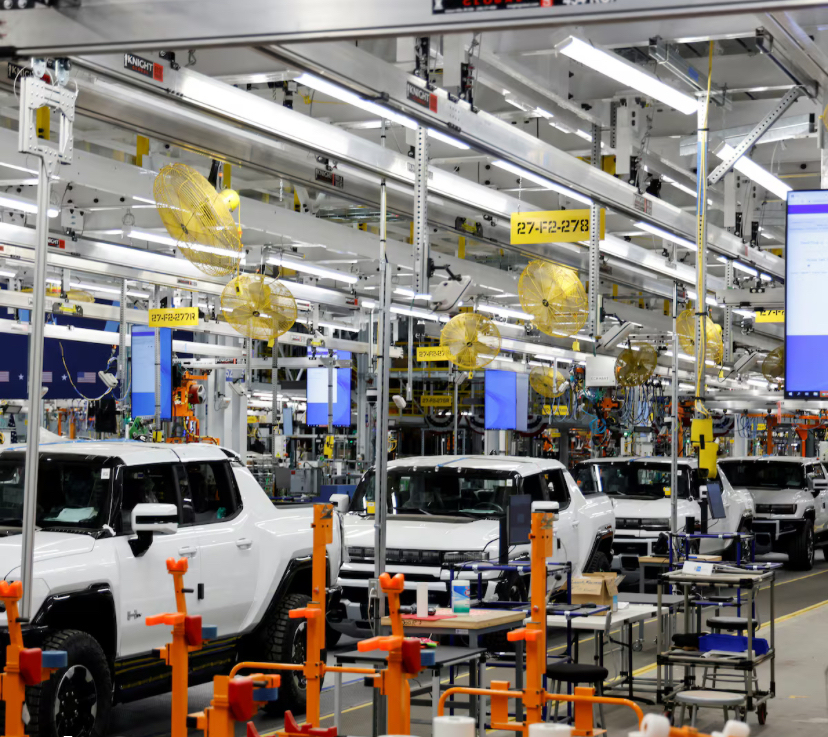
The technology sector continues to witness significant job cuts in 2024, with numerous prominent companies announcing layoffs as they adapt to economic pressures and restructuring needs. This trend, which began during the COVID-19 pandemic, persists as firms recalibrate their workforces to align with current market conditions.
Microsoft has initiated additional layoffs, cutting 1,900 positions within its gaming subsidiaries, including Activision and Blizzard. These reductions come on top of earlier cuts across various divisions as the company aims to streamline operations.
Google is another major player reducing its workforce. Recent layoffs have affected employees in the Assistant and hardware departments, as well as the ads business. The company has reorganized its Pixel, Nest and Fitbit divisions, leading to further job losses and restructuring across multiple segments.
In a significant move, Cisco has laid off approximately 4,200 employees, accounting for around 5% of its workforce. This action is part of a broader effort to restructure the company and enhance efficiency.
Meta continues its trend of workforce reduction into 2024, with recent layoffs targeting technical program managers at Instagram. These cuts are part of the company’s ongoing efforts to adapt to shifting market demands and financial constraints.
Amazon has also been active in reducing its workforce. The company laid off several hundred employees at its Prime Video and MGM Studios, alongside cuts at its subsidiary Twitch. This restructuring reflects Amazon’s strategy to focus on core business areas and manage costs.
Rivian, the electric vehicle manufacturer, has announced a 10% reduction in its salaried workforce, responding to significant financial losses. Similarly, Unity, a major player in game development software, has cut 1,800 jobs as part of its efforts to stabilize operations.
These layoffs are indicative of a broader trend where tech companies, both large and small, are realigning their strategies to better navigate the economic landscape. Factors such as slowed growth, reduced consumer demand and the need to optimize operations are driving these decisions.
As the tech industry continues to adapt, more layoffs and restructuring efforts are expected in the coming months, reflecting an ongoing recalibration to match the current economic climate.









